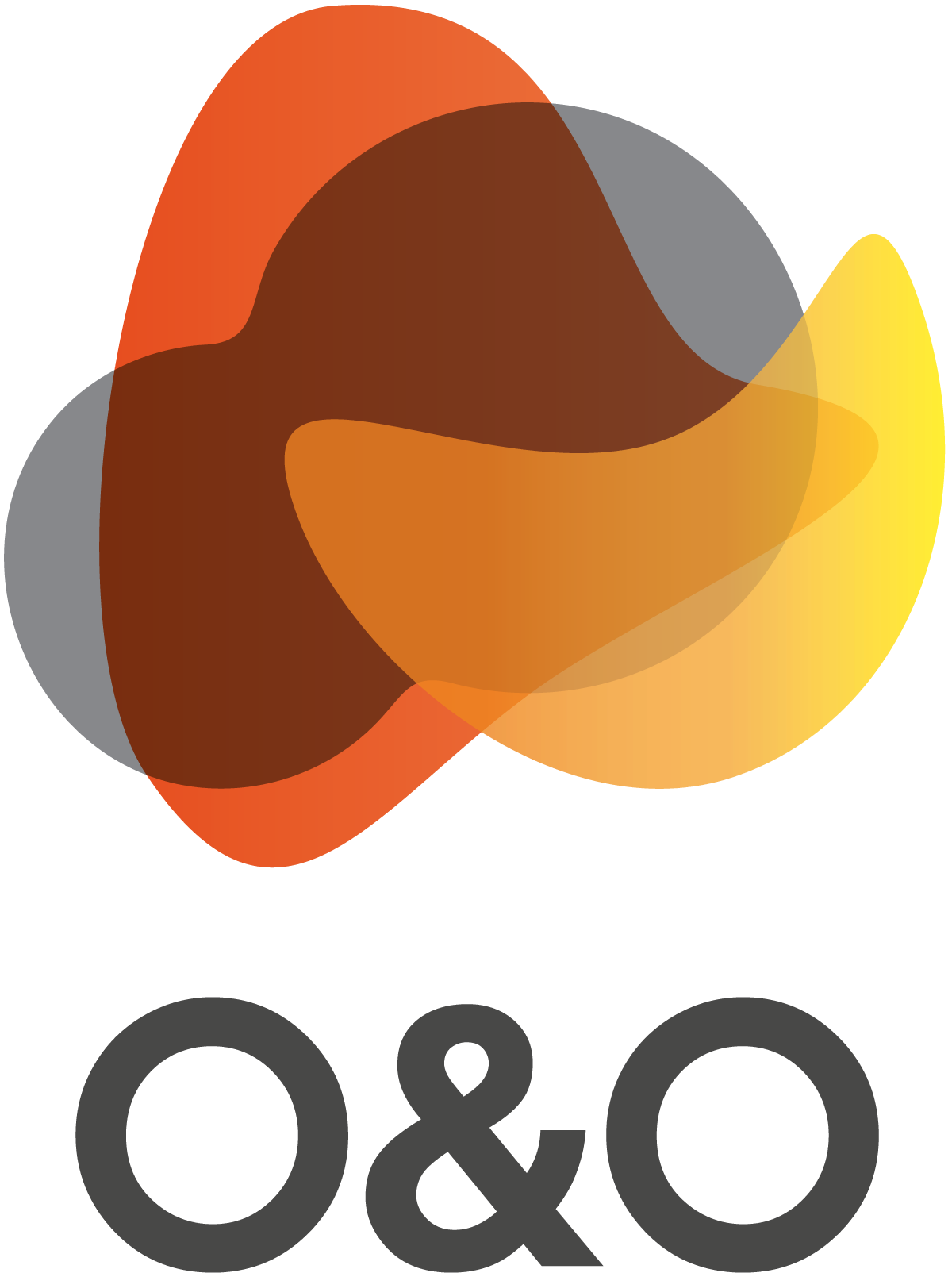Next on your watchlist: LLM-driven content discovery
Can Chat GPT make your streaming service as user-friendly as Netflix?
The streaming wars are no longer about just outspending competitors. As consumers grow more discerning in their subscription choices, the spotlight is shifting towards harnessing technology to enhance the user experience. Netflix is the poster child for this and has become renowned for its use of AI systems to deliver a market-leading customer experience. An astonishing 80 per cent of content consumed on Netflix is steered by its proprietary AI recommendation system. Netflix has also implemented AI to help make commissioning and content acquisition decisions, reportedly providing a cost saving of around $1 billion per year.
However, change is on the horizon. With the rise of Large Language Models (LLMs), such as Chat GPT, the technological landscape is poised for disruption. These models extend beyond being just tools; they’re reshaping the tech narrative. With their promise to democratise AI access, this could empower even the smallest streaming platforms with computational capabilities formerly reserved for industry giants. This begs the question: will LLMs allow smaller platforms to rival the Netflix experience?
LLMs have pushed AI beyond its historical limitations
The pre-LLM era was dominated by AI models engineered for niche roles, driving everything from content curation to user behaviour analysis. To understand this, consider the complex deep learning systems behind leading content recommendation systems. They're painstakingly trained to interpret user-item interactions to predict future user preferences. These specialist AI models aren’t cheap – Netflix reportedly funnelled $2.7 billion into technology and development in 2022, in part driven by its significant investment in AI.
LLMs, however, have ushered in a new era — one that transcends narrow specialisations. Their training data greatly exceeds that of specialist systems, making them generalists with much more computational power. To grasp this paradigm shift, consider the metric of model parameters, a widely used benchmark for gauging an AI model's intricacy and potential. While premier specialist systems, the likes of Netflix's content curation algorithm, can likely boast of up to 100 million parameters, Chat GPT 4 is 10,000 times larger than this, with a staggering 1 trillion parameters. To provide another reference point, this is only 100 times less than the number of synaptic connections in the human brain – although not a perfect comparison, it makes clear the astonishing capabilities of modern LLMs.
And this computational prowess isn't merely academic, it is already having widespread practical effects. LLMs are gradually making their mark, overshadowing domain-specific AIs even in the fields for which they were tailor-made. A case in point: Chat GPT 4 is now able to outperform specialised translation tools in linguistic accuracy and fluency. The implications for the media sector will be profound: as LLMs continue to evolve, they will be able to match (and potentially even outperform) current market-leading content curation and recommendation algorithms at a fraction of the cost.
LLMs have a broad range of potential applications
Beyond improving content curation algorithms, the generalist nature of LLMs means they can be used to optimise a huge range of processes. This includes implementing natural language search, allowing viewers to search for content using everyday language. Viewers could, for instance, input “dramas set in the early 1900s” and promptly receive suggestions like Downton Abbey. LLMs can also supercharge customer support with real-time assistance through AI-driven chatbots.
LLMs can enhance accessibility by greatly improving real-time subtitles, crafting audio descriptions for the visually impaired, or even – as per the recent announcement from Spotify – translating audio into local languages using the actor’s own voice. LLMs are also highly adept at analysing user feedback, offering insights that can help drive corporate decision-making – helping to drive commissioning and content acquisition decisions, optimising how advertising is traded, and identifying future consumer trends.
Whilst LLMs offer huge potential, they’re not an automatic solution
The prospect of LLMs may seem like a boon for smaller streaming services, yet – as with all transformational technologies – the road ahead has many challenges. Navigating the numerous ways that LLMs can refine everything from content curation to commissioning decision-making is just the start. Then comes the critical task of pinpointing the right LLM provider in an increasingly competitive landscape. Should one align with OpenAI, Google or someone else?
Ready to navigate the world of AI in streaming? Let Oliver & Ohlbaum Associates guide you. We are the leading advisors to the media, entertainment and sports sectors and can work with you to develop an LLM strategy, identifying the opportunities and risks for your business.
Please get in touch with henry.williams@oando.co.uk to learn more.

